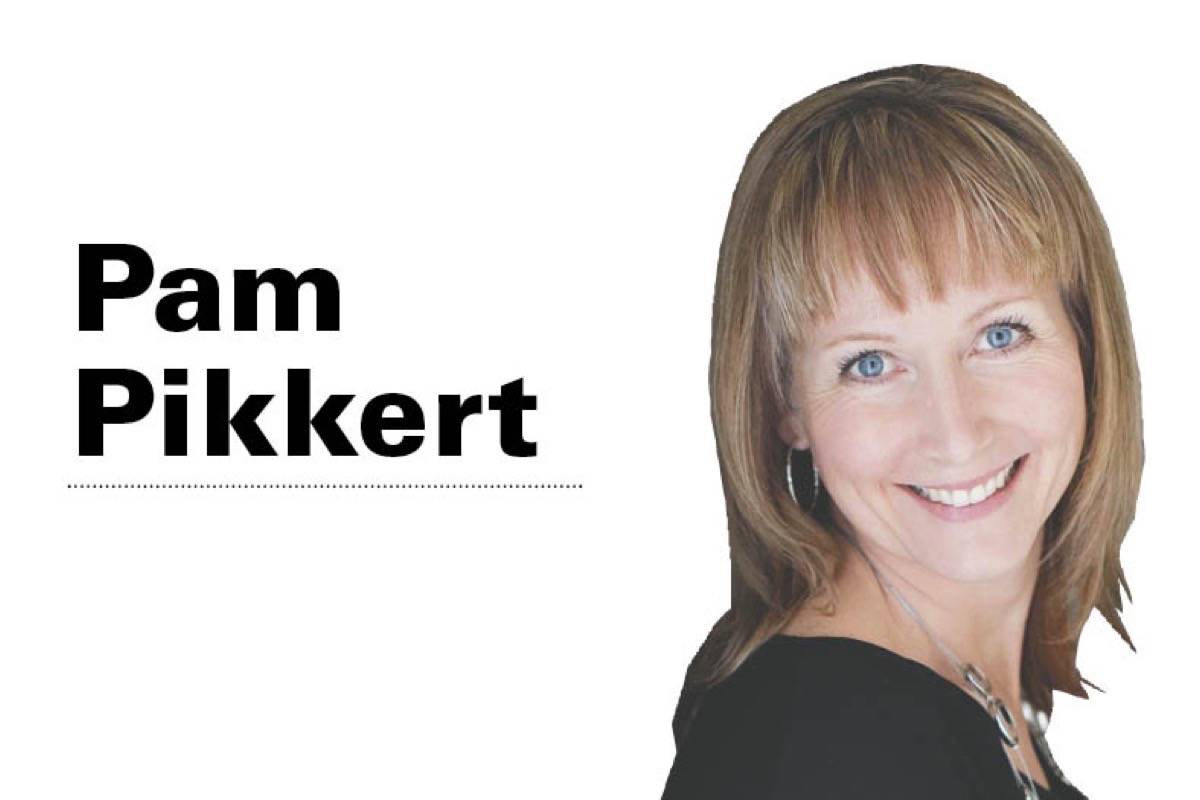Sometimes it is a good idea to revisit the basics when looking at a complex thing like a mortgage.
There can be misunderstandings which crop up. The mortgage process can be very stressful as you wait for some anonymous entity to decide whether or not you are able to buy the home of your dreams. It is no wonder that things can get missed.
Fear not! We will take a look at some of the basics so you can avoid things best avoided.
Property taxes – there are three ways to pay the property taxes.
1. Have your mortgage company collect them with your mortgage payment. This can be a nice way to keep the withdrawals from your account to a minimum. The taxes are collected at the same time as your mortgage payment and remitted to the municipality on your behalf. Your property tax bill will still be sent to you but it will clearly show that the taxes have been paid by the mortgage company. Things to make note of: some banks charge a fee for this service which could be avoided if you chose a different option.
2. TIPPS or the Tax Installment Program Payment System – most municipalities allow you to sign up for free for the program. Generally an amount of 1/12 of the tax amount is withdrawn from your bank account on the last business day of the month. Your property tax bill will come to you showing that you have opted in to the TIPPS program. Depending what time of year you took possession of the home the amount can reflect a balance owing or a tax credit but you can rest assured that you are OK and will not have to come up with a large amount at the end of the year.
3. Lump sum – you can make a once a year payment to the municipality. This is not ideal for everyone as it requires you to come up with a large amount of funds. Your tax bill will show clearly that the funds are outstanding.
What else should you know about property taxes?
1. Tax adjustment – depending on the time of year that you are purchasing your home, you may have to reimburse the seller if they have pre-paid the taxes for the year. This is why you are required to have an extra 1.5% of the purchase price available for closing costs. Your lawyer will be the one to determine this and if you opt for the TIPPS program you can avoid the extra lump sum all together.
2. You have to pay your taxes. We all know that but you should know what happens if you do not. First of all you will begin to incur penalties and extra fees. Then they can put a tax lien on the title and finally they can seize the property and sell it. Mortgage lenders have the legal right to ask for verification that your property taxes are being paid. Should they discover you have not done so, they will charge you a fee and take over the payment of the property taxes. At that time they will collect a monthly amount from you to cover the past due and the amount owing going forward. Taxes trump mortgages and the bank could lose out if the property was seized. It can be very hard to get a mortgage if you have a tax lien. Lenders tend to shy away from this scenario.
3. It is not always up to you. Given the issues raised in the previous point, many banks will not allow to you to choose the yearly option. They require verification that you are on the TIPPS program or have the taxes included in the mortgage.
I strongly recommend that after your mortgage funds you contact the mortgage company and confirm that you are set up the way you wanted.
I have witnessed a few cases where things went sideways and all of a sudden people had to pay double property taxes for a year until they were caught up.
And now you know how to navigate property taxes like a pro.
Pam Pikkert is a mortgage broker with Dominion Lending Centres – Regional Mortgage Group in Red Deer.



